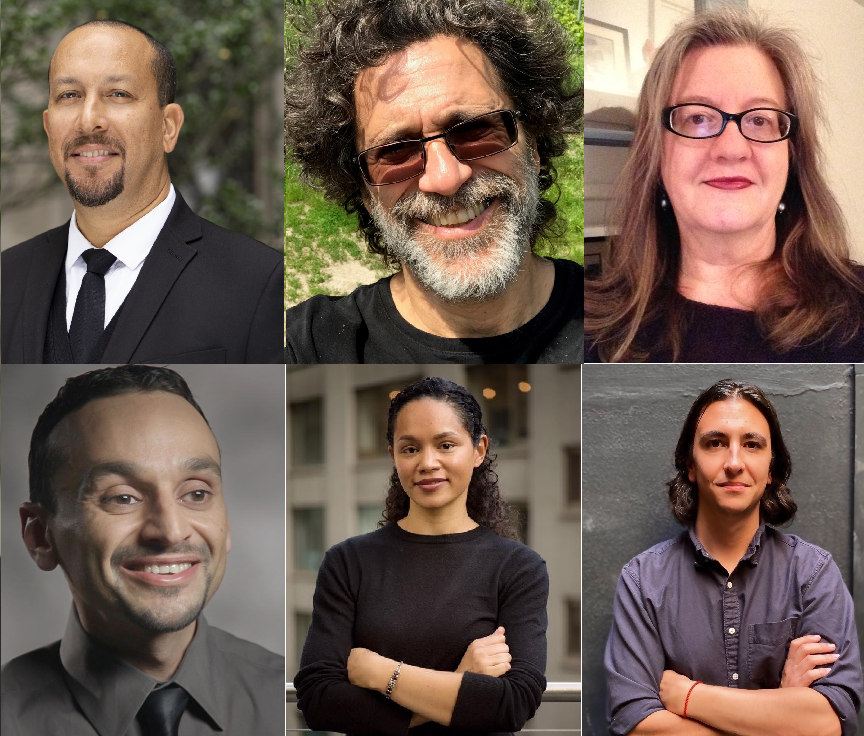Seed Grant Award: Addressing Racism in/and the Academic Study of Religion
Faculty: Josef Sorett, Gil Anidjar, Elizabeth Castelli, Najam Haider, Tiffany Hale, Timothy Vasko, Religion

There is perhaps nothing more central to the history of racism in the modern world than the diverse set of ideas, institutions and practices that are lumped together under the umbrella of “religion.” In truth, it is impossible to think about religion without always and already thinking about race.
Religion has (rightly) been blamed for its role in the history of racism (i.e. the Curse of Ham), as well as for its contribution to struggles against racism (i.e. “all men are brothers”). But the entanglements of race and religion are more complex as religion and race have mediated each other globally, serving as instruments of conquest and racialization (i.e. “carnal Israel”, 1492, and the Hindu caste system), grounds of emancipation (i.e. Exodus, abolitionism), providing shelters of sorts (i.e. the Black Church, Ambedkar’s Buddhism, and the Nation of Islam) and as resources for nationalism (i.e. City on a Hill, Zionism, and Shinto). Race and religion have both also constituted contemporary categories of population management (i.e. the census in British India) and social identities (i.e. subject races, religious minorities, etc.).
With just this brief litany in mind, we are compelled to ask: How is it that we have so often managed to think about race (and, more pointedly, racism) absent a consideration of religion? Relatedly, is it possible to conceive of the study of religion without race?
Indeed, we cannot begin to understand race, or the barriers to addressing racism,
without the study of religion. As the sustained protests that grew in response to the pervasiveness of anti-black racism (and police violence, specifically) in the United States have recaptured the nation’s attention, the work that the Department of Religion proposes to take up will tackle this specific problem in relationship to the various religious registers in which racism has and continues to manifest itself. That is, addressing racism requires thinking about religious difference and an engagement with the entanglements (and tensions) between anti-black racism, anti-semitism, caste, indigenous erasure, settler colonialism, and white supremacy. With this funding, the Department of Religion will engage in a structured program of critical self-evaluation that will examine how our department’s history and current organization--as well as the interdisciplinary study of religion, more generally--have been shaped by this constellation of concerns.
This project was funded through the Addressing Racism: A Call to Action for Higher Education initiative of the Office of the Vice Provost for Faculty Advancement.